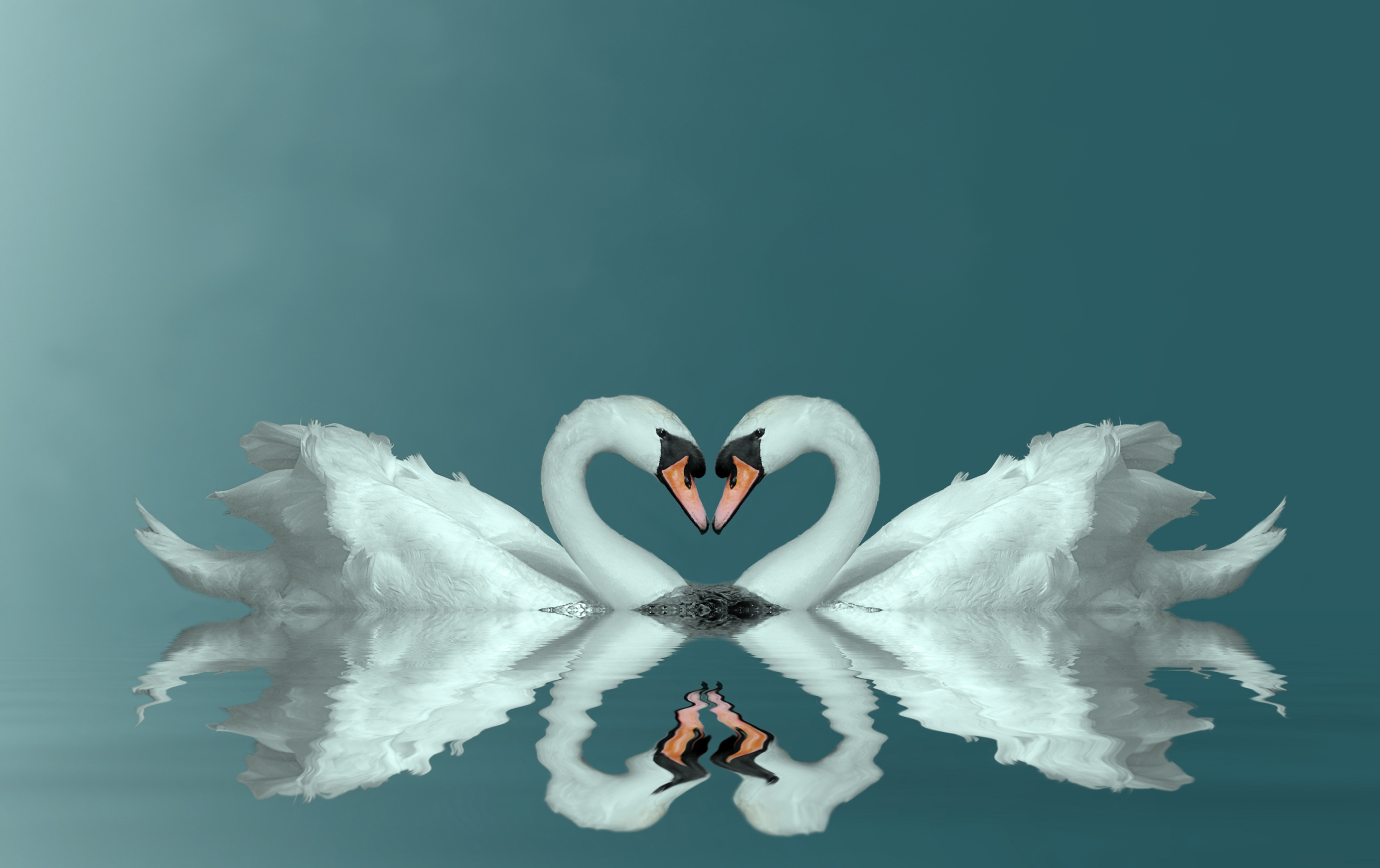I am sure that most of us can remember a time when we dipped our toes into the murky waters of love obsession. We would practically stalk the object of our love, hanging around their haunts, in the hope of “bumping” into them. Maybe it was more extreme. Maybe we lost sleep waiting for “that” phone call.
It was highly intoxicating and anxiety inducing. Hopefully, age has given us the wisdom and experience of love which is easy and nurtures growth and self-esteem.
Through the years I have had a few patients in my practice suffering from the throes of obsessional love. It is not classified as a psychiatric disorder, although perhaps it should be, for all the pain and suffering it causes.
Typically, the patient presents as highly distressed. The distress is triggered by real rejection from their love object or the perceived rejection of he or she not being 100% present all the time. I use the term love “object” because the sufferer no longer sees the other as a person, but rather as something to possess and control. The patient might even hurt or kill themselves amid this crisis. They certainly can’t to eat, sleep or work. Friends distance themselves because the patient can only talk about their love object, all the time.
At this point, everybody starts getting worried. Families and doctors start thinking of hospitalisation. Then the patient gets the much-desired contact, a phone call or SMS, and the patient’s mood is lifted to euphoria. Until the next rejection. The more times this cycle continues, the deeper the descent into despair and loss of sense of self.
In many ways being “hooked” is normal in the early stages of love, the romantic love stage. Functional MRI’s of the brains of college students in the throes of romantic love show the reward circuits awash in dopamine – the so called “feel good” neurotransmitter. The reward circuitry involves the caudate nucleus and ventral tegmental areas. These are areas deep in the brain, close to the brain stem. They are involved with pleasure, focussed attention and the motivation to pursue and acquire rewards. These structures are considered primitive neural networks, meaning we have had them since the beginning of our evolution. It has helped us survive and thrive as a species.
When dopamine floods the reward circuitry, euphoria is felt. The use of cocaine or alcohol can also trigger the reward circuitry in this way.
Physical responses such as racing pulse, flushing and sweating palms also get triggered, and cortisol is released in response to help the brain deal with this “crisis”. The more cortisol is increased, the more serotonin is reduced. Low levels of serotonin can trigger intrusive, anxious thoughts. The constant “he loves me, he loves me not” soundtrack.
Fortunately, with regular skin-to-skin contact – cuddles and sex – oxytocin is released. Oxytocin is known as the love hormone. It helps with attachment and feelings of contentment and calmness. (Oxytocin is the hormone released by the buckets during breastfeeding.) Vasopressin is released and linked to long-term monogamous behaviours.
The love remains and deepens; the stress is gone.
A maintaining factor in obsessive love is when the love object blows hot and cold. He or she gives and connects intensely, then withdraws from the connection. This means that the “crisis” can never pass. Cortisol and serotonin aren’t given the opportunity to restore – making the lovesick, sick.
Treatment of this sorry state is difficult. Help from psychiatrists, psychologists and endlessly patient loved ones are often required. If you recognise yourself in this kind of pattern, congratulations. Recognising the pattern is the first step to making positive change. The most successful intervention would be to drop the object of your obsession cold turkey. As with all withdrawals, it is made easier by the love of your support network and throwing yourself into the rest of your life – your work, your hobbies, your friendships. Get all the help you can to reclaim your soul.










2 Comments
This was a helpful post, not something that they typically included in psychiatry or psychology textbooks but it is a real problem and so is its opposite which I hoped you would mention i.e. “When the love has gone” to quote the David Guetta song. It is hugely distressing when your ex just won’t get over the relationship. There can be unwanted calls at unreasonable hours, messages via old fiend, rumors, harassment – anything that makes them feel that it isn’t over or that you will get back together at any moment. In its worst form unrequited this can lead to stalking, which is not illegal in South Africa as we have no such laws. From personal experience, I can recommend the Clark of the Family Court as a good place to get fee legal advice on how to obtain a peace order, which is enforceable. It is so sad that in extreme case it sometimes has to end that way but you do have a right to have your life back again “When the love has gone.”
Hi David. Thanks for your comment. I am trying to get my head around writing a blog on stalking. When I do, I will be sure to mention the Clark of the Family Court.